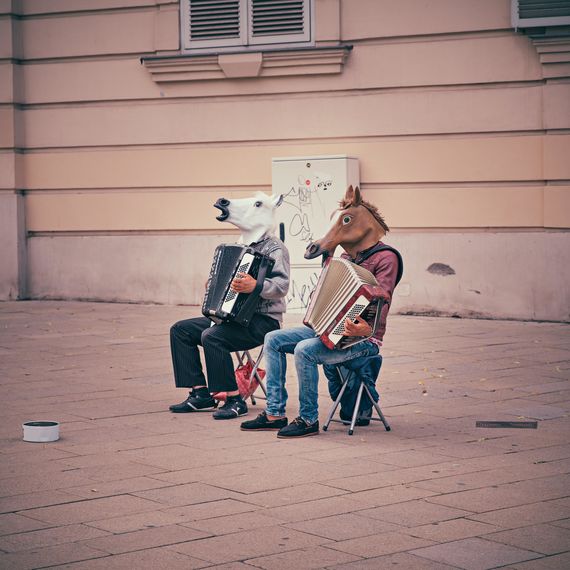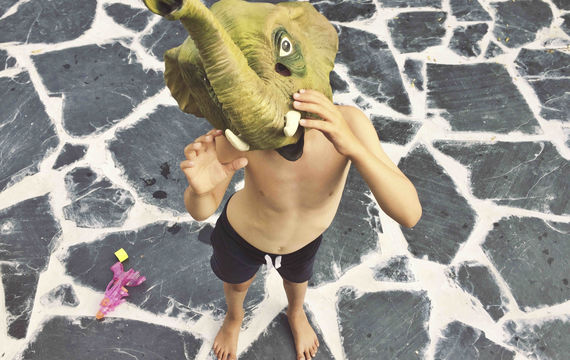The drive towards innovation that is so typical of Janáček’s late works drew on his fascination for Czech folk music and language. It was said that he would transcribe conversations that he heard around him in cafés and other public places. He considered that melodies could offer insight into the mood of a speaker: “The melodic curves of speech [...] demonstrate whether a man is stupid or intelligent, sleepy or awake, tired or alert.” Starting in 1897, he worked on a theory about recitatives, in which he strove to reflect as closely as possible the speed, tonality, intonation and rhythm found in spoken language. In his music, melodies not only follow rising and falling lines and short, irregular phrases of language; they also serve to describe the characters.
This is a principle that Janáček also applied to the nursery rhymes in his Říkadla collection. The music is as absurd as the texts. Some even have a slightly sadistic element: “My tiny little wife, I put her in the porridge; the lid goes on top, and she will make a delicious soup.”
Janáček was 72 when he composed this music, but he certainly had not forgotten how to play. To give expression to the childlike and humorous mood, he used some eccentric instruments such as an ocarina, little clarinets and a toy drum. In 1924, he wrote an initial version with eight rhymes, for three women’s voices, clarinet and piano. In the final version, composed in 1926, he expanded the number of verses and the vocal ensemble, and added some deeper instruments such as the (contra)bassoon and the double bass.


